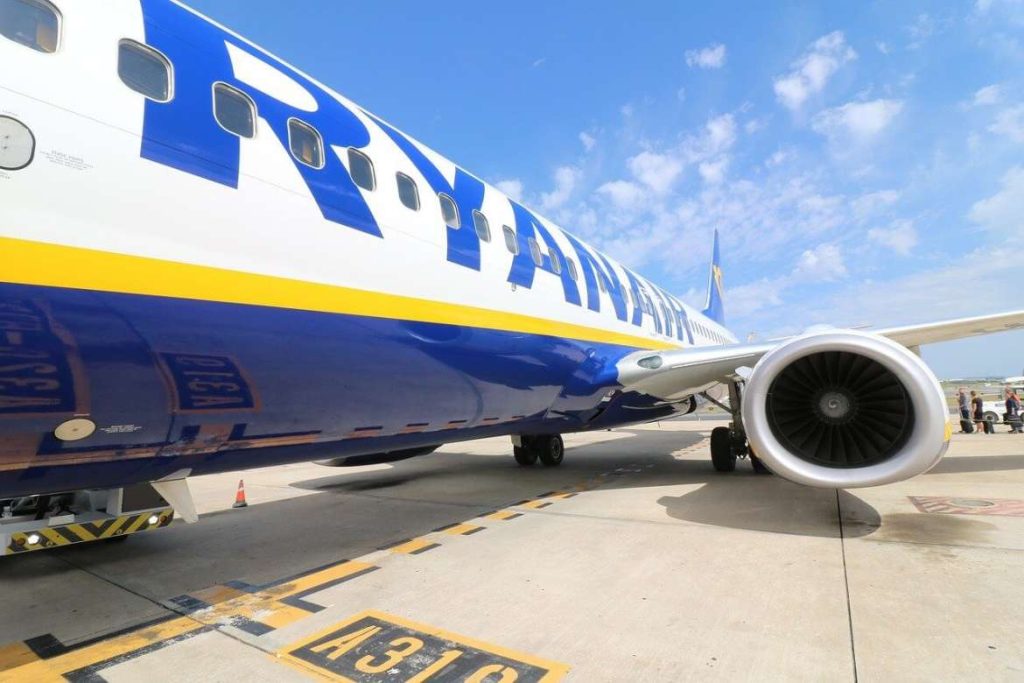At the end of March, the fight against the pandemic was in its final stages, taking into account the government’s efforts to promote the return of the tourist season, the reopening of business in the country, and the announcement of mass vaccinations in Zagreb after Easter. Despite this, the novel coronavirus has once again warned that its presence continues to threaten the population, and this has since manifested in the increase in cases across the country. On the other hand, sporting and cultural events have also stood out as we entered a new month this week.
Croatia U-21 reaches the EURO Tournament Quarterfinals
The eyes were not only all firmly on the senior team, who, after starting the qualifying process with an away loss against Slovenia, got back on track with six points against Cyprus and Malta in Rijeka. Luka Modric also became the most capped player in the history of the Croatian National Team.
Some good news also came for those who follow the younger generations, as the U-21 team won their ticket to the quarter-finals of the EURO tournament in a dramatic fashion. Those led by Igor Biscan failed to win the match, but a Bradaric goal in injury time allowed Croatia to climb to second place, thanks to the other teams’ results and goal difference.
Now, the little Vatreni will have to face Spain on May 31.
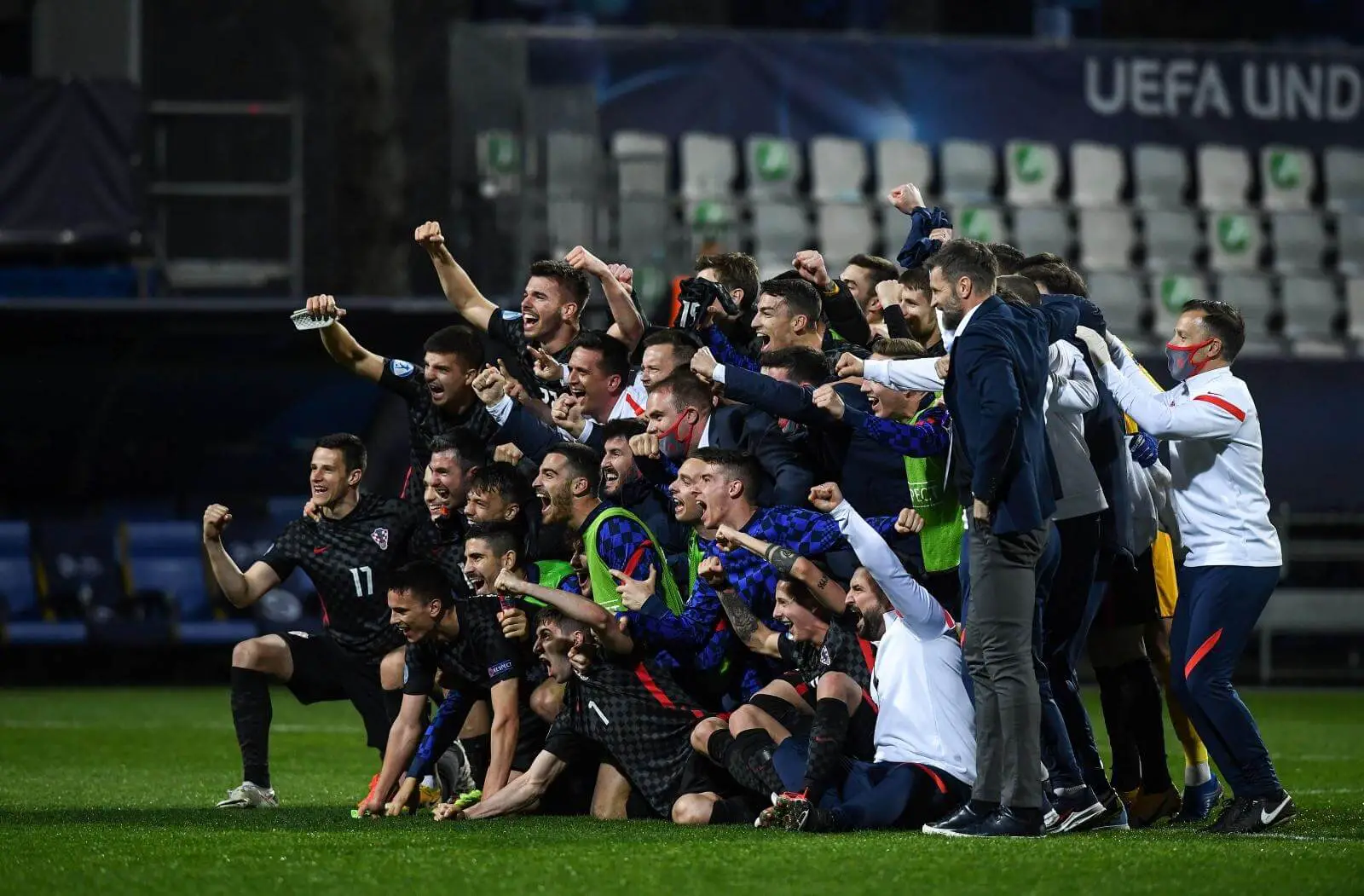
Koper, Slovenia (Credit: PIXSELL)
Ryanair announces flights to Croatia
After several years in which the Zagreb International Airport was in deficit in terms of both airlines and low-cost flights, it finally reached an agreement with the well-known Irish low-cost company Ryanair. This agreement was announced through a virtual press conference, in which it was detailed that the capital of Croatia will now be connected to European cities such as Paris, Brussels, Dortmund, Frankfurt, Karlsruhe, Memmingen, Milan, Rome, Podgorica, Oslo, Gothenburg, and London.
Zagreb wasn’t the only city to rejoice with this news, as the airline also confirmed 17 new flights to Zadar International Airport in a separate conference, and passengers will be able to choose from a wide variety of European destinations from July 2021. While many still believe this news might affect the future of Croatia Airlines, others including the company itself assure that the regional base establishment of the popular airline in Zagreb will not only create more jobs but also transform the capital’s tourism.
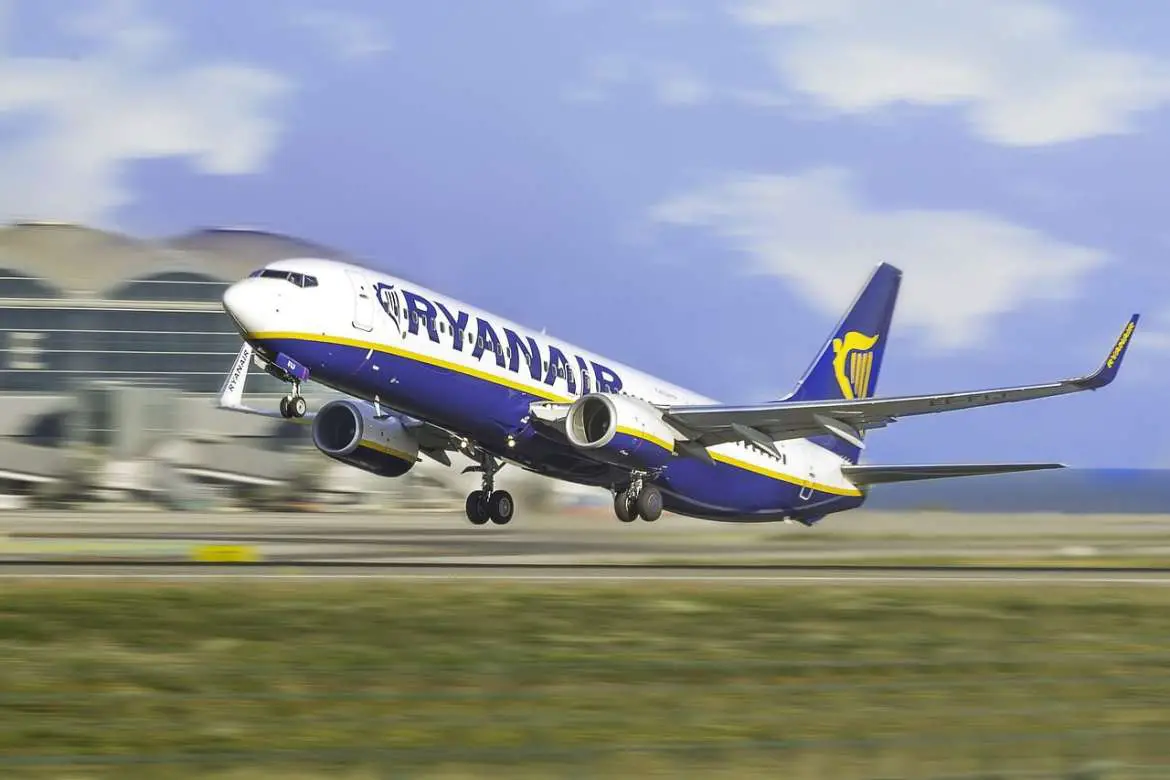
Credits: Pixabay
The Prime Minister reveals the National Recovery Plan
After a cabinet meeting which was held last Thursday, PM Andrej Plenkovic announced through a press conference all the details surrounding the National Recovery and Resilience Plan, which aims to reform and transform the country in regard to several different issues such as healthcare, employment, education, science and research, infrastructure, and more. The estimated investment would stand at 18 million kuna and the objective is to carry out these reforms within five years, more precisely between 2021 and 2026.
Plenkovic added that the plan consists of modernising scientific research and educational systems, increasing the quality of the healthcare and pension systems, improving employability through a more efficient programme, and carrying out the reconstruction and structural renovation of numerous homes and buildings in the country, in such a way that they are not only better prepared in case of natural disasters, but that they’re also more adapted to the most recent demands for energy efficiency.
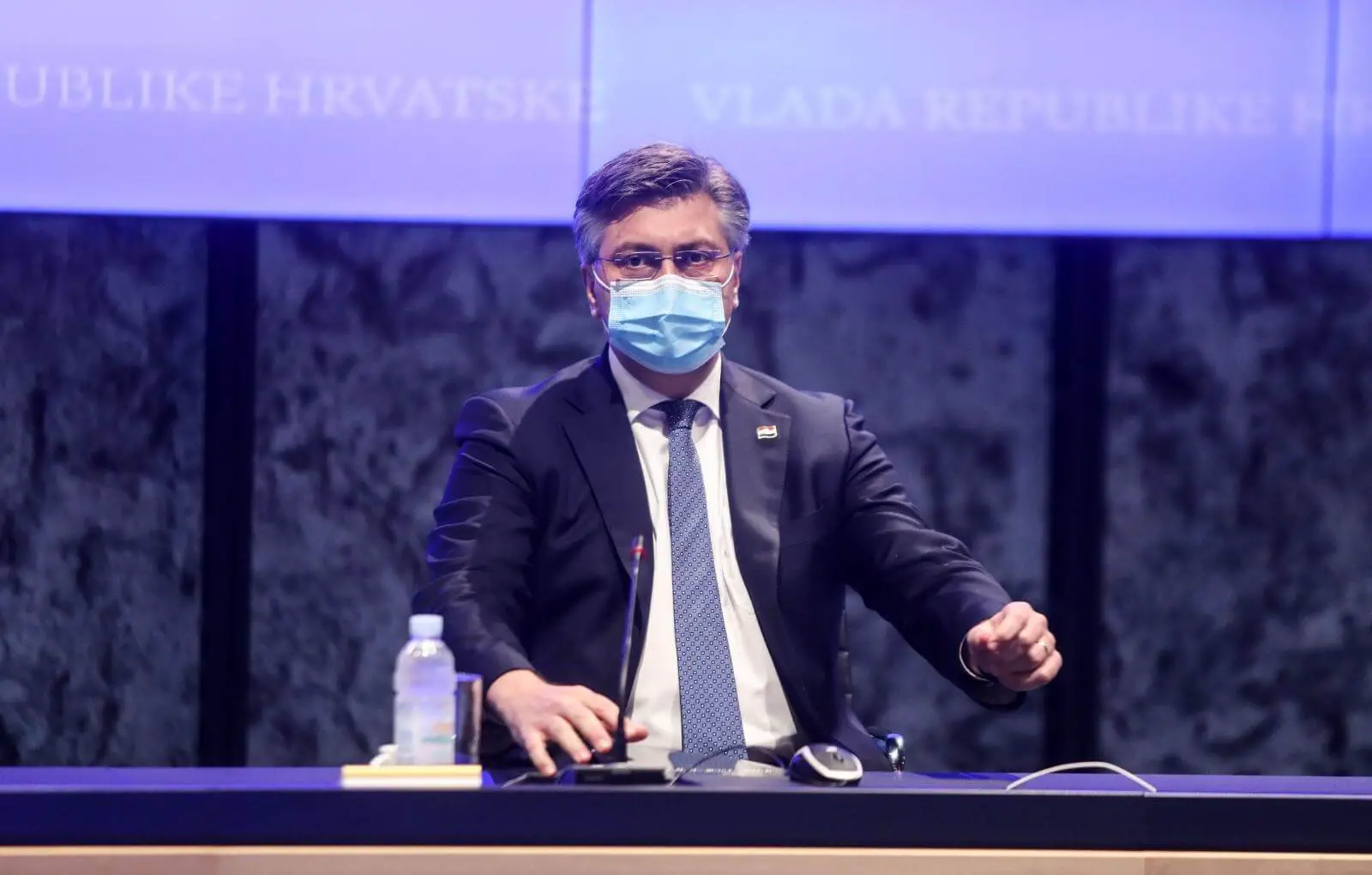
Zagreb (Credits: PIXSELL)
The traditional Za Krizen Procession was held on Jelsa
Despite the reduced capacity of followers and pilgrims this year due to the coronavirus pandemic, the island of Hvar celebrated its 2021 edition of its traditional Za Krizen (Behind the Cross) procession in the town of Jelsa, inscribed as intangible UNESCO heritage since 2009. TCN covered an event that usually gathers thousands of people around the island as they follow the carriers, but this year had to settle with only the participants and few witnesses in the streets.
The overnight processions were held in the towns of Jelsa, Pitve, Vrisnik, Svirce, Vrbanj, and Vrboska. The event started simultaneously in the six towns at 22:00 pm as the habitants have done for centuries, and ended at the main square.
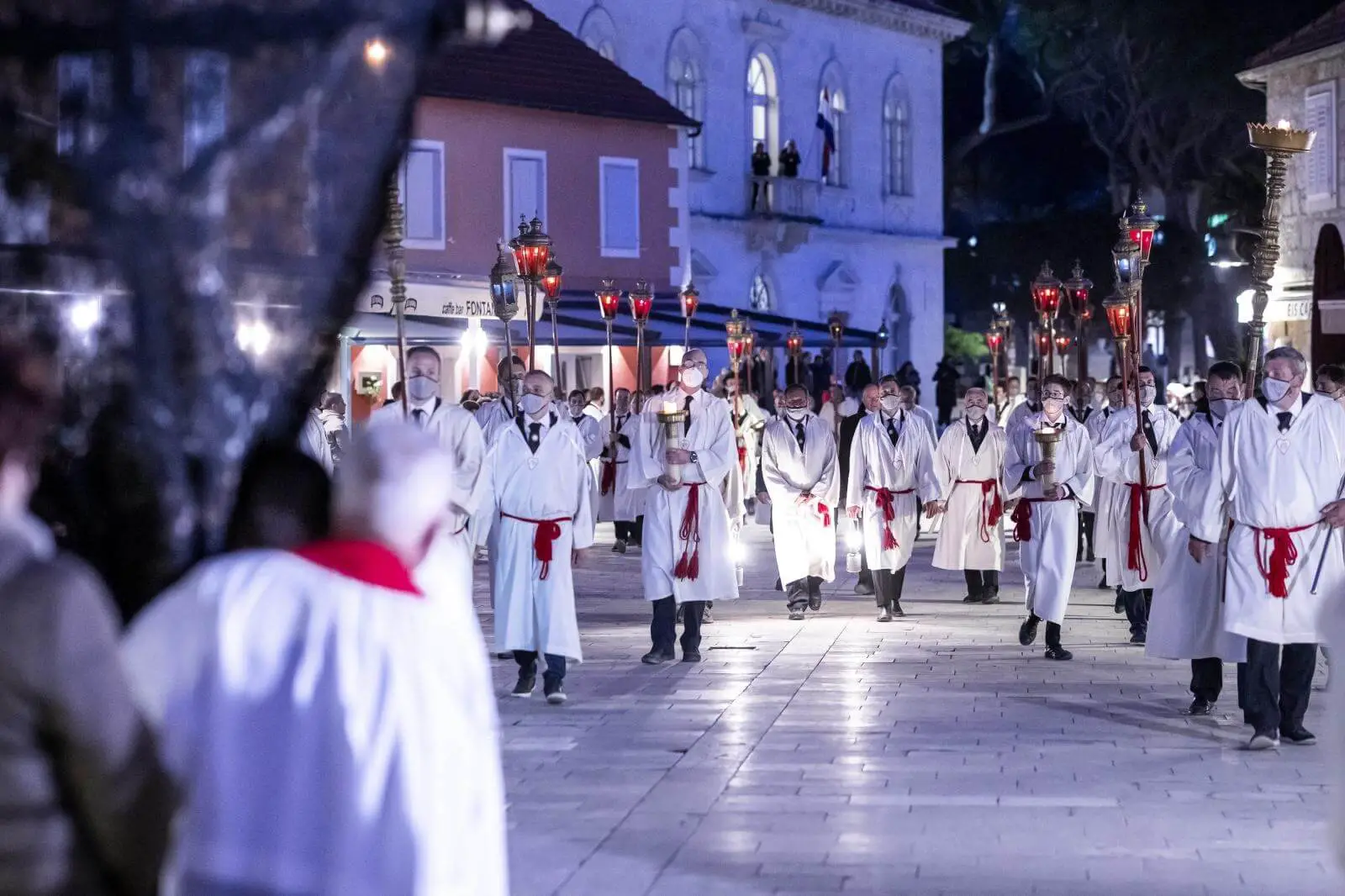
Jelsa (Credit: PIXSELL)
The measures against COVID-19 are tightened due to the large increase in cases
A month ago, all the cafes, bars, and restaurants in the country were reopened, after many weeks without serving their loyal customers, as an extreme measure to combat the virus. The condition was to serve only outdoors on the terraces and with a limited capacity. The streets were filled with life and joy again. However, one month later, the numbers have dramatically increased and although it is unlikely that a complete lockdown will be imposed again, the government has announced that new measures will take place in order to reduce the infections and it will last until 15 April, before being reviewed again.
In Split-Dalmatia County, for instance, which has seen a big increase in new infections, the mandatory wearing of face masks at outdoor venues with an increased flow of people will be introduced, as will a ban on the sale of alcohol from 8 pm to 6 am. The work of cafes will be restricted until 8 pm, and it will be possible to serve food and drinks only in the open. Foreign language schools will switch to online classes again.
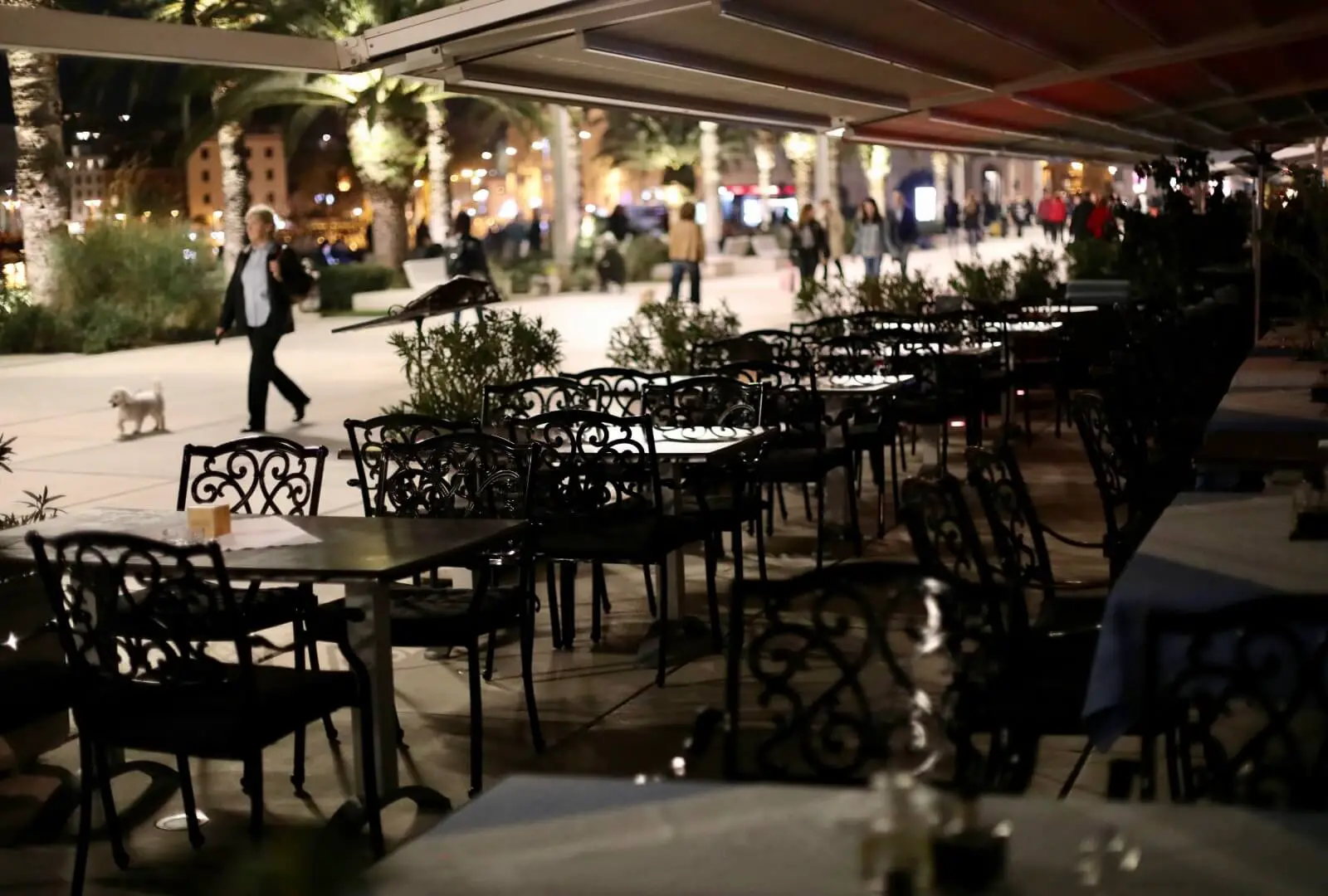
Split (Credit: PIXSELL)
From Monday to Sunday, we list five events featured on the front pages of Croatia’s news portals.
To follow all news from Croatia, subscribe to our newsletter.

